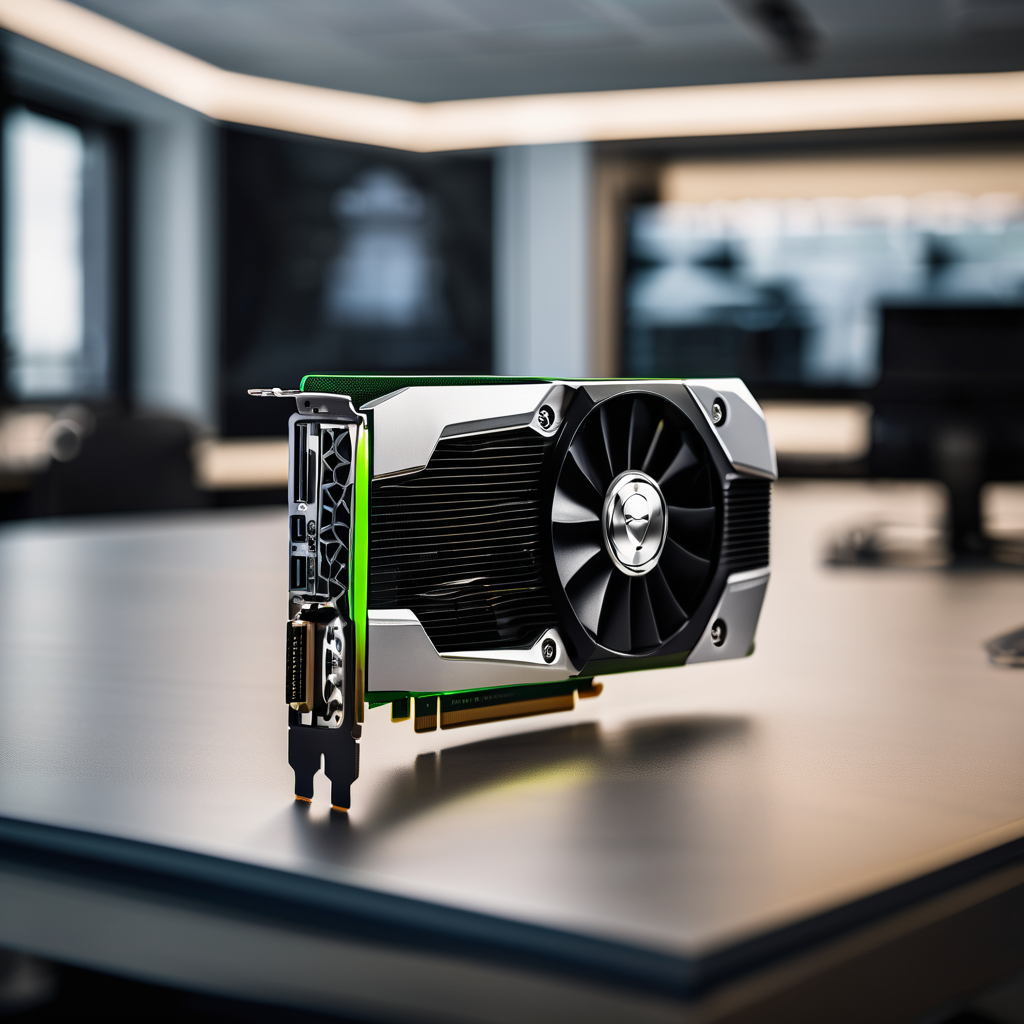Artificial intelligence leader Nvidia has announced that its most advanced chips will be exclusively available to U.S. companies, effectively barring China and other nations from accessing this cutting-edge technology. This declaration was made by U.S. President Donald Trump during a recent interview that aired on CBS’s “60 Minutes” and also in comments while aboard Air Force One.
Trump emphasized that the top-tier Blackwell chips should only be provided to American customers, explicitly stating, “The most advanced, we will not let anybody have them other than the United States.” His remarks underline a potential tightening of restrictions on U.S. AI technology exports, which could leave China and possibly other countries without access to these sophisticated semiconductors.
In July, the Trump administration had announced a new artificial intelligence framework aimed at easing environmental regulations and significantly boosting AI exports to allies, all to maintain the U.S. competitive advantage over China in this vital sector. Just days before Trump’s comments, Nvidia had confirmed plans to ship over 260,000 Blackwell AI chips to South Korea, serving major companies like Samsung Electronics.
Speculations have arisen regarding whether a scaled-down version of the Blackwell chips might be allowed for sale to China. Trump responded to these inquiries by stating he would prohibit the sale of the most advanced chips to Chinese companies, but he did not entirely dismiss the possibility of selling a less powerful variant. He said, “We will let them deal with Nvidia but not in terms of the most advanced,” during his interview.
The idea of allowing any version of the Blackwell chips to be sold to China has met with skepticism from some U.S. lawmakers. Republicans like Congressman John Moolenaar have voiced concerns, arguing that such a decision could enhance China’s military capabilities and expedite its AI advancements. Moolenaar likened the potential deal to providing “Iran weapons-grade uranium.”
Trump had previously indicated that discussions with Chinese President Xi Jinping regarding the chips might occur ahead of their summit in South Korea last week, although he noted that the subject ultimately did not arise during their talks.
This strategic move by the U.S. to withhold advanced AI technology from rival nations reflects a growing recognition of the importance of AI in national security and technological supremacy, potentially reshaping the landscape of global technology competition.
